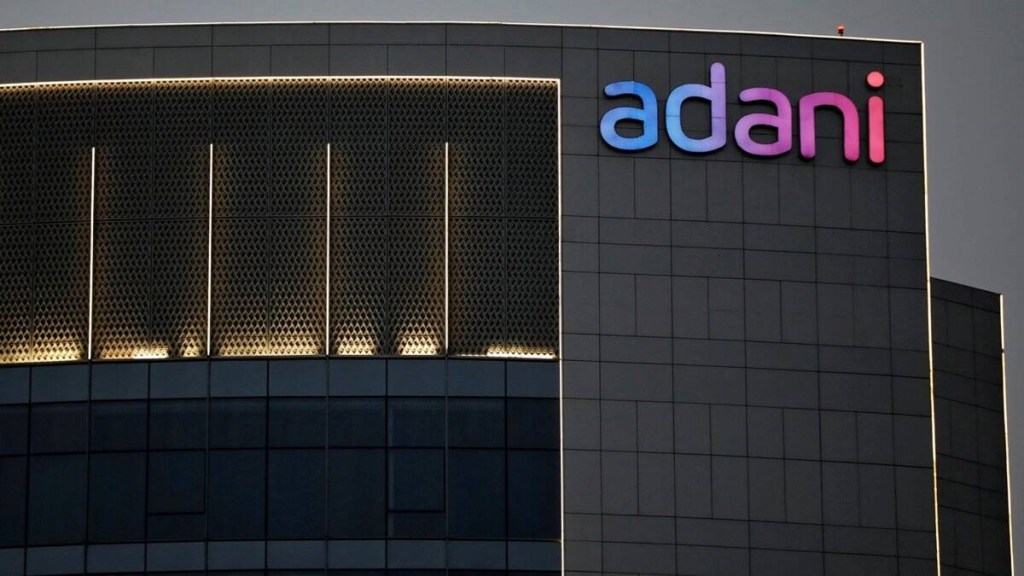The rapid diversification and expansion into new and existing businesses by the Adani Group, using debt, has made the conglomerate ‘deeply overleveraged’, as per a report by CreditSights, a Fitch Group company.
The report titled ‘Adani Group: Deeply Overleveraged’ states that over the past few years, the Gautam Adani-led group pursued an aggressive expansion plan that has pressured its credit metrics and cash flows. The Adani Group has seven listed entities on the Indian stock exchanges.
“In a worst-case scenario, overly ambitious debt-funded growth plans could eventually spiral into a massive debt trap, and possibly culminate into a distressed situation or default of one or more group companies,” the report said.
Potential strong competition between the Adani group and Reliance Industries to achieve market dominance could lead to imprudent financial decisions being made, the report said.
Also read: Twitter lied about bot accounts and safety, claims former security head
It also said that the Adani group is also exposed to moderate levels of governance and ESG risks.
“In the Adani group’s favour, we take comfort in its solid banking relationships with both domestic and international banks, which have been willing to lend the group large amounts for both its existing businesses and new ventures,” the report said.
However, the fundamental analysis done by CreditSight retained its existing ‘market perform’ recommendations for two of the group companies – Adani Green Energy and Adani Ports SEZ – while stating that the Adani family ‘would pull out all stops to avoid default in any of the entities’.
“We note that since the Adani family has a majority shareholding in 5 out of 6 listed entities, the family’s (including Gautam Adani’s extended family) entire fortune and reputation is tied to the Adani Group companies,” the report said.
With a combined market cap of $200 billion, the group has interests in energy and utility, transport and logistics, materials, metal and mining, direct to consumer.
It has committed investments in a variety of areas, including renewable energy, gas distribution, power transmission, airports, cement, ports and logistics, data centres, food, FMCG and roads. A majority of these businesses are capital intensive that require large investments and constant funding in the initial years.
Also read: Xiaomi Notebook Pro 120G India launch on August 30; to come with 120Hz display, 12th Gen Intel Core i5 processor
The conglomerate has committed to invest $70 billion over the next decade to become the world’s largest renewable energy producer. Later this week the Adani Group will launch open offers worth `31,000 crore to buy shares of Ambuja and ACC as part of the $10.5 billion takeover of Holcim’s India cement business. As most of this expansion is fuelled by debt, it has caused anxiety among the investor community.
“We as well as many clients and other investors, are becoming increasingly concerned about the group’s rapid pace of growth and its high leverage levels,” the report said.
It further pointed out that excessive debt and overleveraging by the group could have a cascading negative effect on the credit quality of the bond issuing entities with the group and heightens contagion risk in case any entity falls into distress.

